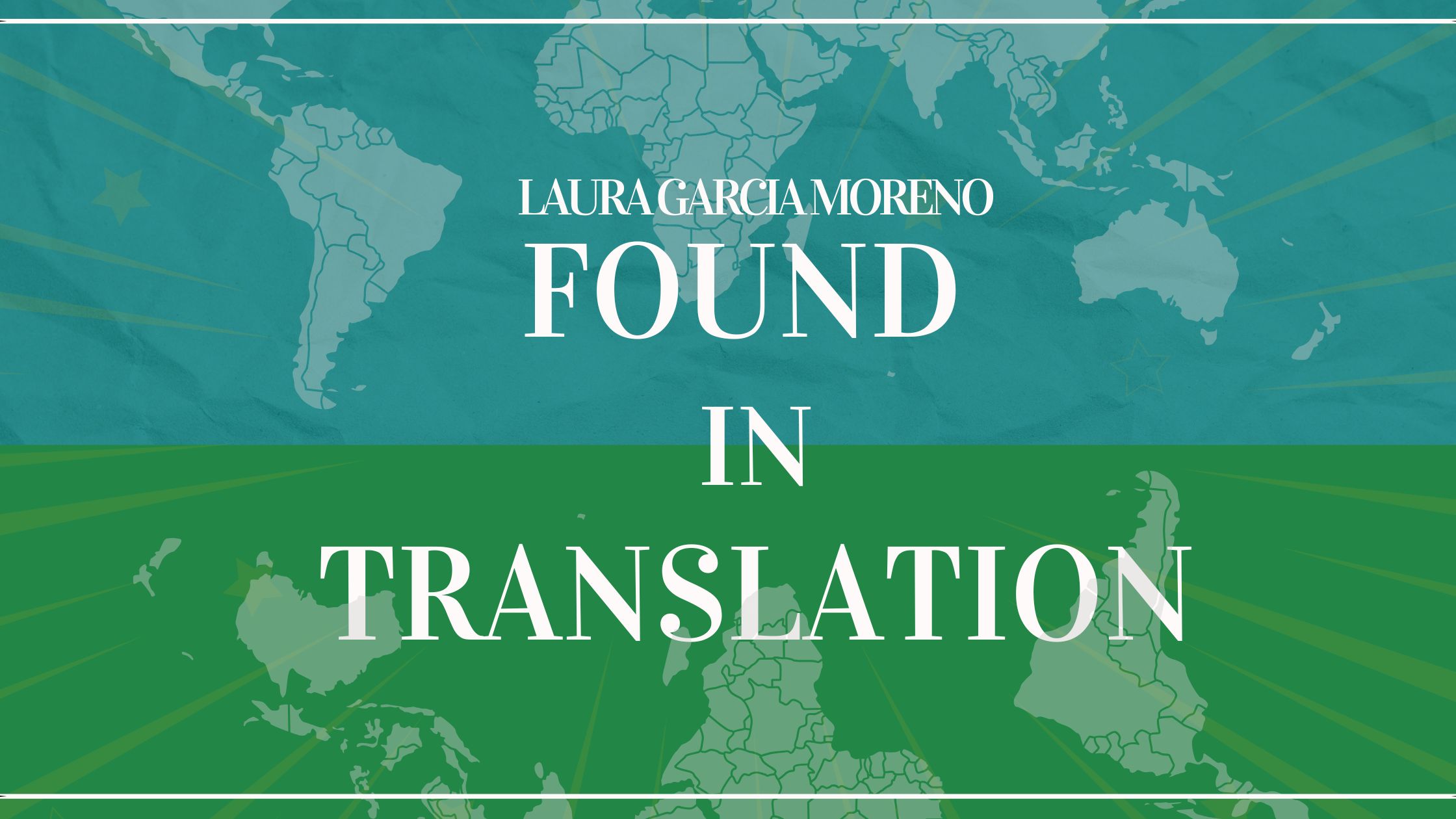Our translated fiction expert, Laura Garcia Moreno, is back with her latest selection of fiction from around the world. This month she has put a spotlight on Palestinian fiction…
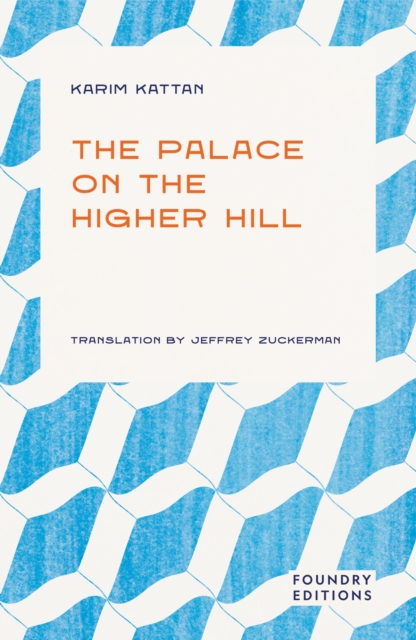
The Palace on the Higher Hill by Karim Kattan (translated by Jeffrey Zuckerman)
A strange, beautiful fever dream of a novel set in a decaying West Bank palace. Kattan’s French-language debut is drenched in myth and queer desire,it moves between memory and politics with a vivid, gothic tone. It’s unsettling, poetic and singular: perfect if you want something that feels like a collision of folklore and contemporary unrest with a twist of surreal edge.
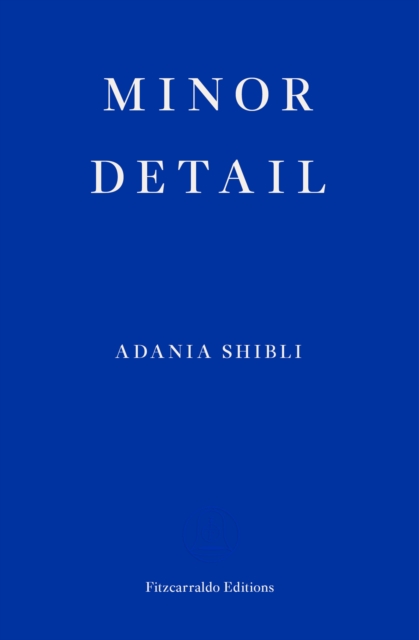
Minor Detail by Adania Shibli (translated by Elisabeth Jaquette)
Two halves, two times: a brutal act by Israeli soldiers in 1949 and a contemporary Palestinian woman tracing its long shadow decades later. Shibli’s prose is spare but charged with quiet accusation. This is a slow-burning reckoning with violence, trauma and erasure, it’s both precise and unforgiving. It’s not just a story; it’s a fissure in memory you can’t look away from. For anyone who loves their political fiction raw and controlled, with emotional grit, think Mahmoud Darwish meets Laila Lalami.
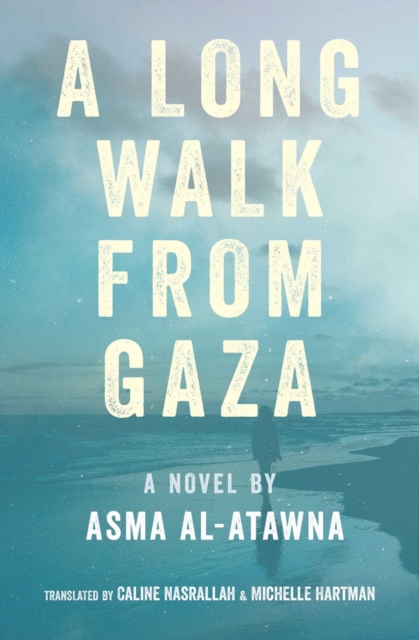
A Long Walk From Gaza by Asma Al Atawna (translated by Caline Nasrallah and Michelle Hartman)
A searing and urgent exploration of a woman’s journey from the confines of Gaza to the uncertainties of Europe. Through a dual narrative structure, Al Atawna intertwines the protagonist’s present struggles with her past, showing the layers of trauma and resilience that define her identity. The novel’s strength lies in its candid portrayal of the challenges faced by Palestinian women, offering readers an intimate glimpse into the intersections of occupation, patriarchy and the fight for autonomy.
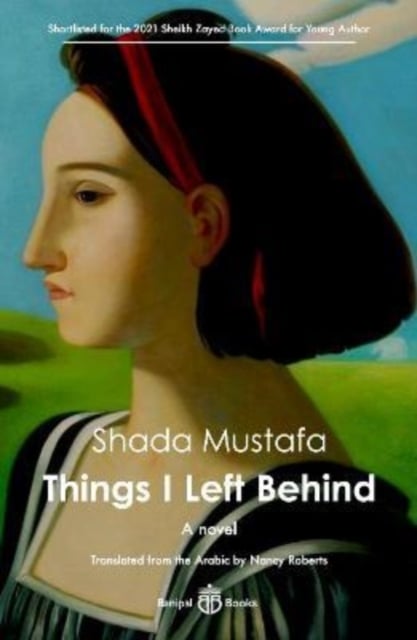
Things I Left Behind by Shada Mustafa (translated by Nancy Roberts)
A young woman caught between Ramallah and Berlin, negotiating exile and expectation in clipped, shimmering prose that is nearly prayer-like. Mustafa’s novel is intimate and spare, almost fragmentary, capturing the silences and longings that exile amplifies. This is a delicate, sharp exploration of gender and identity, told with a quiet intensity that lingers. For readers who love sharp empathy and elegant restraint.
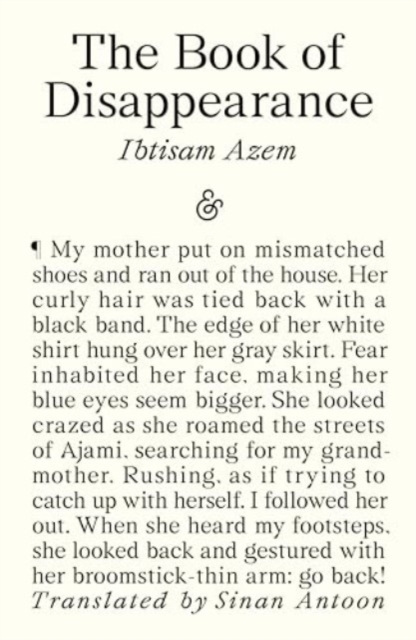
The Book of Disappearance by Ibtisam Azem (translated by Sinan Antoon)
Imagine Palestinians vanish overnight. Then, reality fractures. Azem’s novel slips between surreal and
painfully real. It takes on identity, loss and what it means to be unseen. The prose is lyrical but urgent, at times poetic, at times almost dreamlike. It’s a slow unraveling that stays with you long after the last page. If you want fiction that haunts the political and the personal, this is your next read.
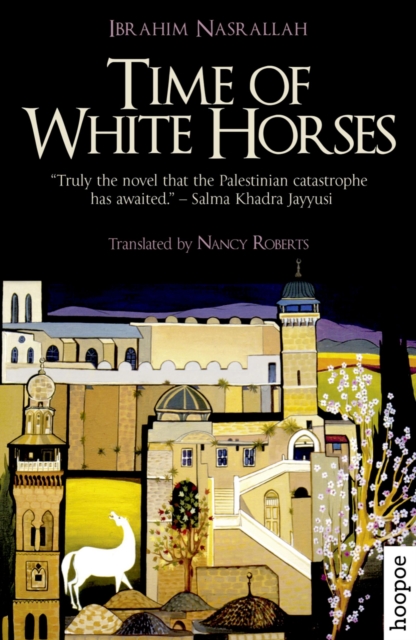
Time of White Horses by Ibrahim Nasrallah (translated by Nancy Roberts)
Three generations in a Palestinian village live through Ottoman decay and British occupation. Nasrallah’s saga is epic, folkloric and historical. It’s grand and intimate all at once: an immersive story of resilience and rupture. For readers who want a sweeping family saga with political depht and mythic undertones.
